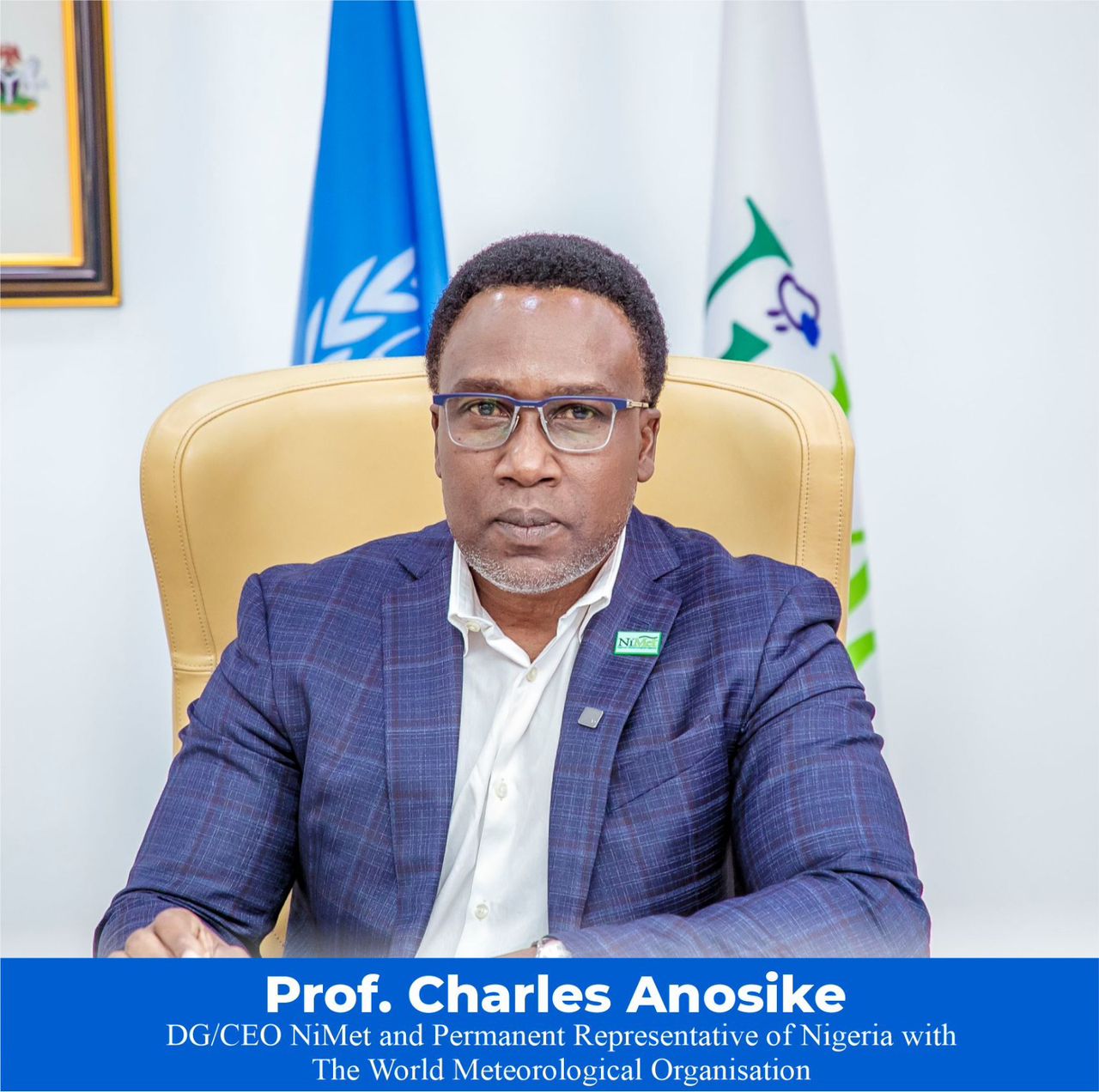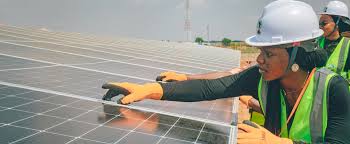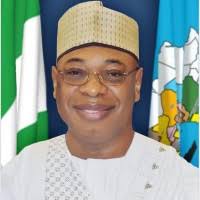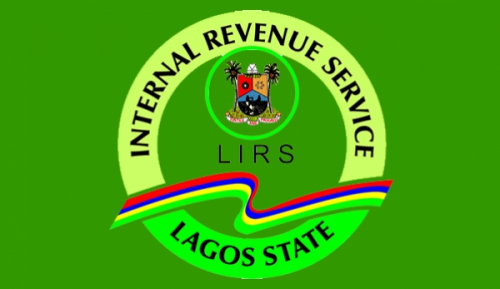NiMet’s Anosike elected president of ECOWAS meteorological committee

By Dooyum Naadzenga
The Director General and Chief Executive Officer of Nigeria’s National Meteorological Agency, NiMet, Professor Charles Anosike been elected as the President of the ECOWAS Committee of Directors of National Hydrological and Meteorological Services (NMHSs).
This milestone occurred during the Committee’s 14th Meeting, held from last week in Abuja, Nigeria.
The ECOWAS Committee, which consists of heads of NMHSs from across West Africa, plays a crucial role in fostering regional collaboration on weather, climate, and water services.
The focus of the Committee includes enhancing early warning systems, promoting disaster risk reduction, and building climate resilience under the ECOWAS Hydromet Initiative.
In his acceptance speech, Professor Anosike emphasized the importance of collective action in addressing climate change challenges. “As we confront these issues, our collaboration is vital. I am honored to lead this Committee at such a pivotal time,” he stated, highlighting his commitment to regional cooperation.
READ ALSO: Delta HOS promises capacity building, training for civil servants, warns against laziness
Delegates from various ECOWAS member states, including Benin, Côte d’Ivoire, The Gambia, Ghana, Guinea, Guinea-Bissau, Liberia, Nigeria, Senegal, Sierra Leone, Togo, and Cape Verde (participating virtually), attended the meeting. Key partners such as the World Meteorological Organization (WMO), ACMAD, AGRHYMET, WASCAL, the ECOWAS Commission, the World Bank, and MOWCA were also present.
The meeting was officially inaugurated by Nigeria’s Minister of Aviation and Aerospace Development, Mr. Festus Keyamo, SAN, who was joined by Dr. Ibrahim Kana, the Permanent Secretary of the Ministry. A significant highlight of the event was the review of the “Early Warnings for All (EW4ALL)” initiative, which aims for full regional implementation by 2027.
Professor Anosike’s election is seen as a testament to Nigeria’s leadership role within the region and its commitment to advancing climate action and innovation. His leadership is expected to enhance coordination among NMHSs in West Africa, fostering a collaborative approach to environmental challenges.
The ECOWAS Hydromet Initiative seeks to strengthen the capabilities of national meteorological services, improving their ability to provide timely and accurate weather information to support sustainable development and disaster preparedness.
With climate change posing increasing threats to the region, the Committee’s efforts under Professor Anosike’s presidency are anticipated to play a vital role in safeguarding communities and enhancing resilience against climate-related risks across West Africa.










